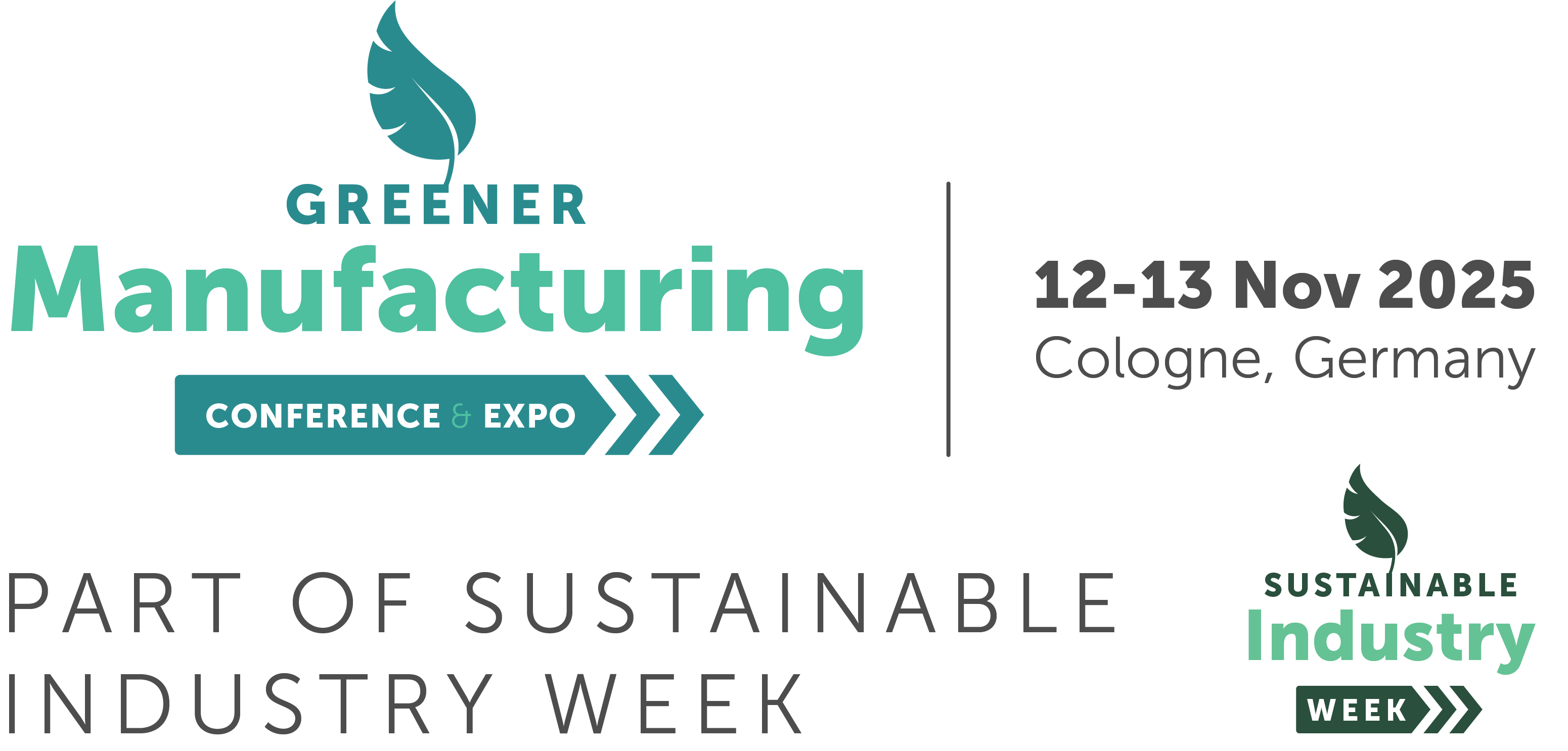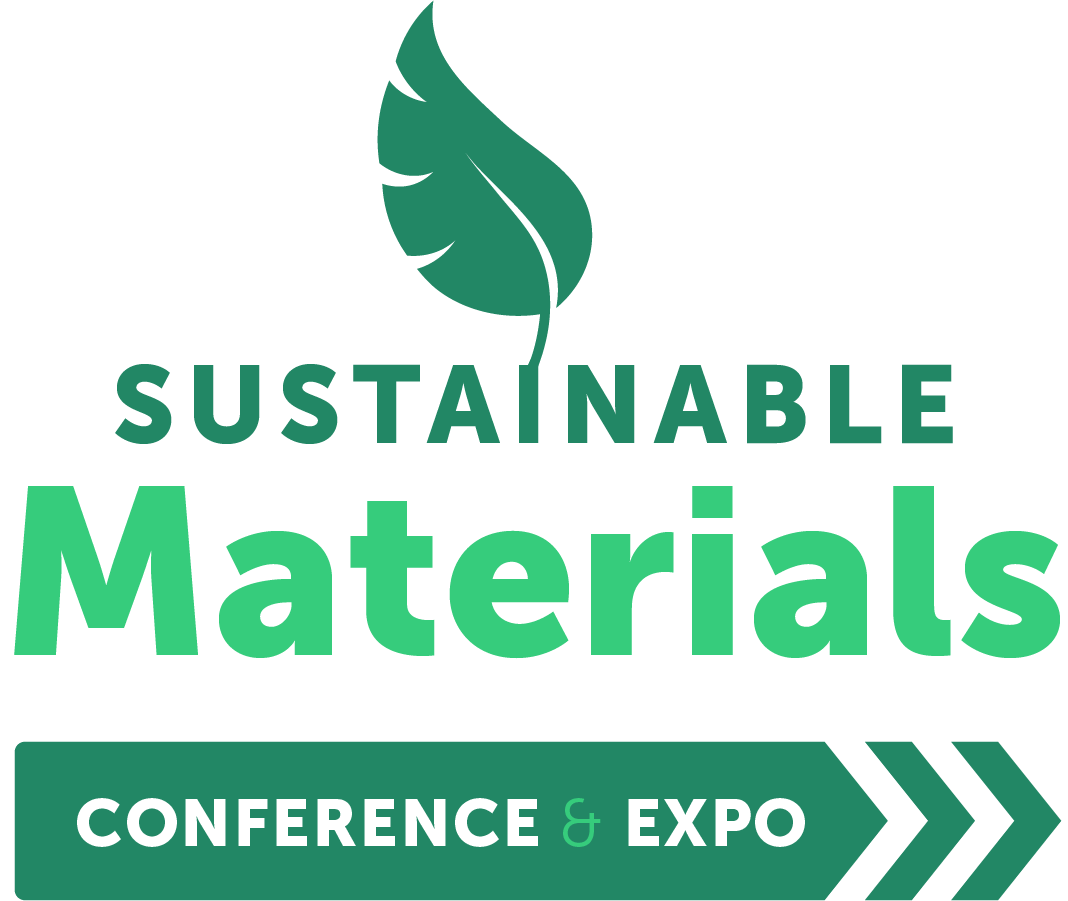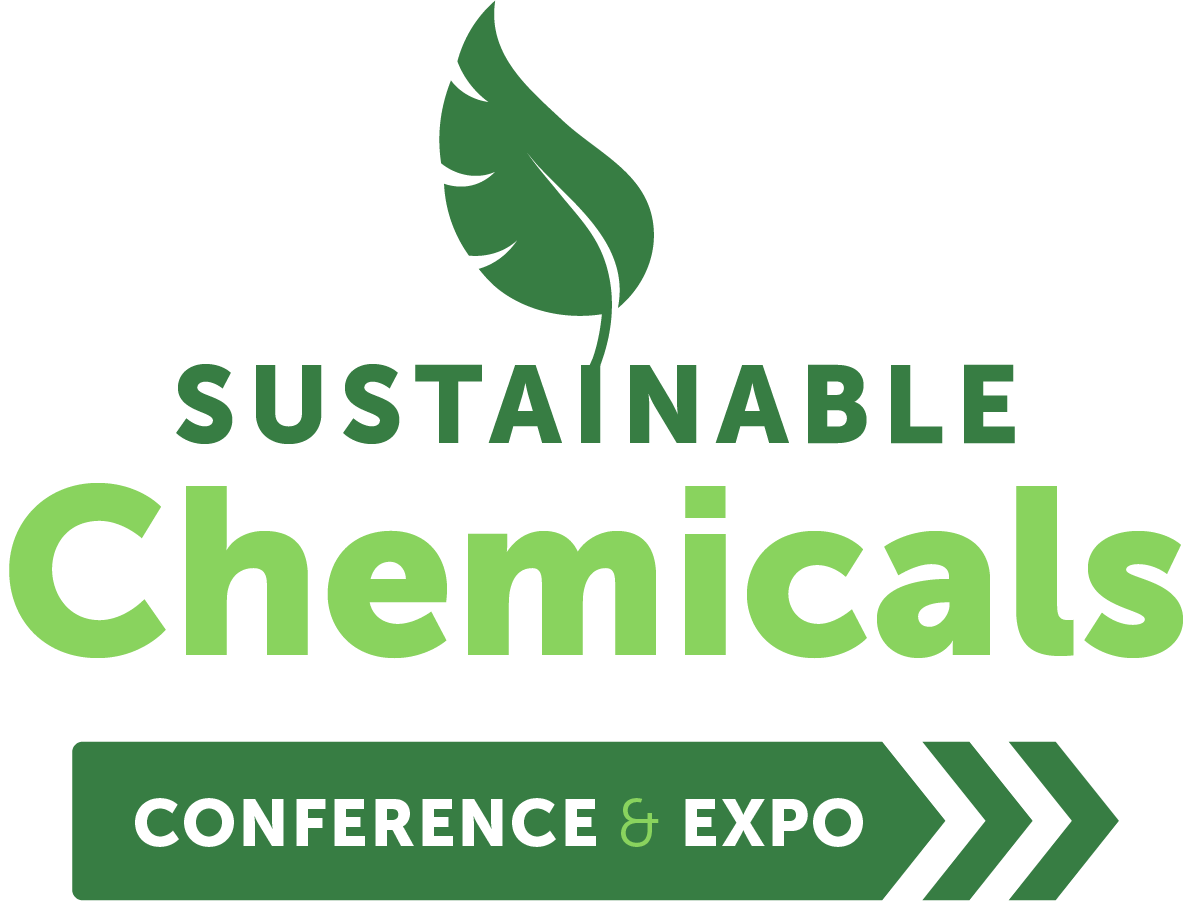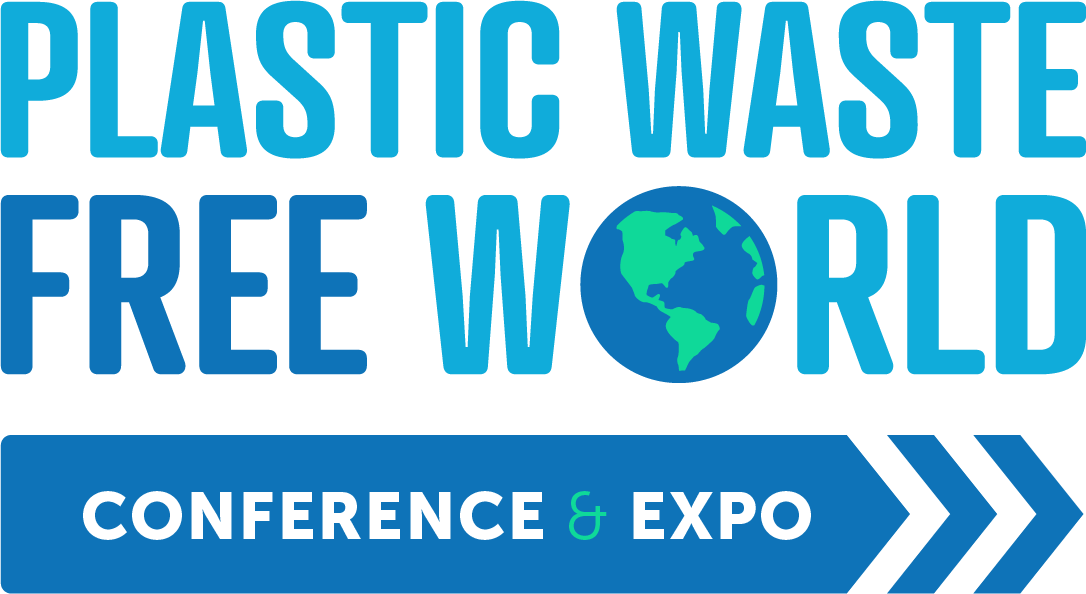An agreement between KAUST and two Chinese companies will enable the development of ‘green plastics’
)
In the past, lots of companies and projects have focused on the development of plastics made from bio-based or biodegradable materials and whilst these have shown promise, only a few have achieved it into the industrial sector. On the other hand, this new and innovative approach could be the breakthrough that the plastics industry requires to transition into becoming ‘green plastics’.
Green plastics have been around for almost two decades, yet they have remained firmly in the ‘concept’ stage. Now, however, KAUST and the two companies, Shandong Lianxin Environmental Protection Technology Co., Ltd. and Hangzhou Hecai Technology Co., Ltd have developed a green plastic that works, is environmentally friendly and can be used in a range of applications, due to the materials it is manufactured out of.
Following Shandong Lianxin Environmental Protection Technology Co., Ltd.’s idea of producing a green plastic which can be used for biomedical products and within the food packaging sector, the team decided to begin by constructing their product out of high molar mass, which is called aliphatic polycarbonates (PCs).
At first, producing the green plastic out of PCs would have been an issue and would not have allowed the green plastic to be used in medical products or food packaging. As normally the polycarbonates, which are used in the production of regular plastic, contain toxic metals. However, through further research and experiments, the team discovered a way to produce the PCs without use of the toxic metals. Instead, the creation process involves carbon dioxide (Co2) and raw materials from sustainable sources. Using these ingredients instead, generated the ability to apply the polycarbonates to the manufacturing process for the green plastics as due to the removal of the toxic metals, the green plastics will be safe for both pharmaceutical products and food packaging. Further, since it includes up to 45% of CO2, their products actually help reduce carbon footprint when manufactured, which is great for the environment.
One of the scientists involved in the development of the project, Dr. Feng, explained that regular polycarbonates which are made with metal catalysts cannot be used in applications like food or medical products, due to the metals they contain. However, their innovative PC is toxic metals free and is an excellent barrier to oxygen and moisture. Combining these qualities make the new materials the perfect plastic for packaging items which require protection from oxidation, and a top-quality material for high-end applications.
Once the team developed a material which could be used, they moved their focus towards the quality they wanted the product to have, in the end they settled on making biodegradability, low toxicity and excellent biocompatibility, the forefront of their design aims. Now the team have announced that they will spend the next year building the facility and producing one ton of the material, with the projected timescale to full commercialisation being two years from now.
Arriving at this point has been a long time in the making, as in early 2023, the company started to discuss the idea of phasing KAUSTs polycarbonates into the market, with the initial phase beginning with Hangzhou Hecai Technology Co., Ltd., providing the facilitates for scaling the synthesis of 10 kg of polycarbonates, whilst using KAUSTs proprietary protocol. The next step at these early stages was for Shandong Lianxin Environmental Protection Technology Co., Ltd., to use its extensive industrial capabilities and pilot the production of high molar mass polycarbonates, with an aim of a 1-ton output, which the team hoped would lead up to full-scale industrialisation.
Professor Gnanou notes, “This represents the first instance where a comprehensive plan has been formulated for the industrialization of high molar mass aliphatic polycarbonates through a Joint Development Agreement, based on KAUST’s pioneering chemistry, which permits the synthesis of high molar mass polycarbonates.”
Professor Gnanou comments, "I began contemplating biodegradable plastics several years ago, and I'm gratified that we've developed a material that can be completely converted into water and CO2 through enzymatic degradation at the end of its lifecycle. Our product won't add to the environmental challenge."





